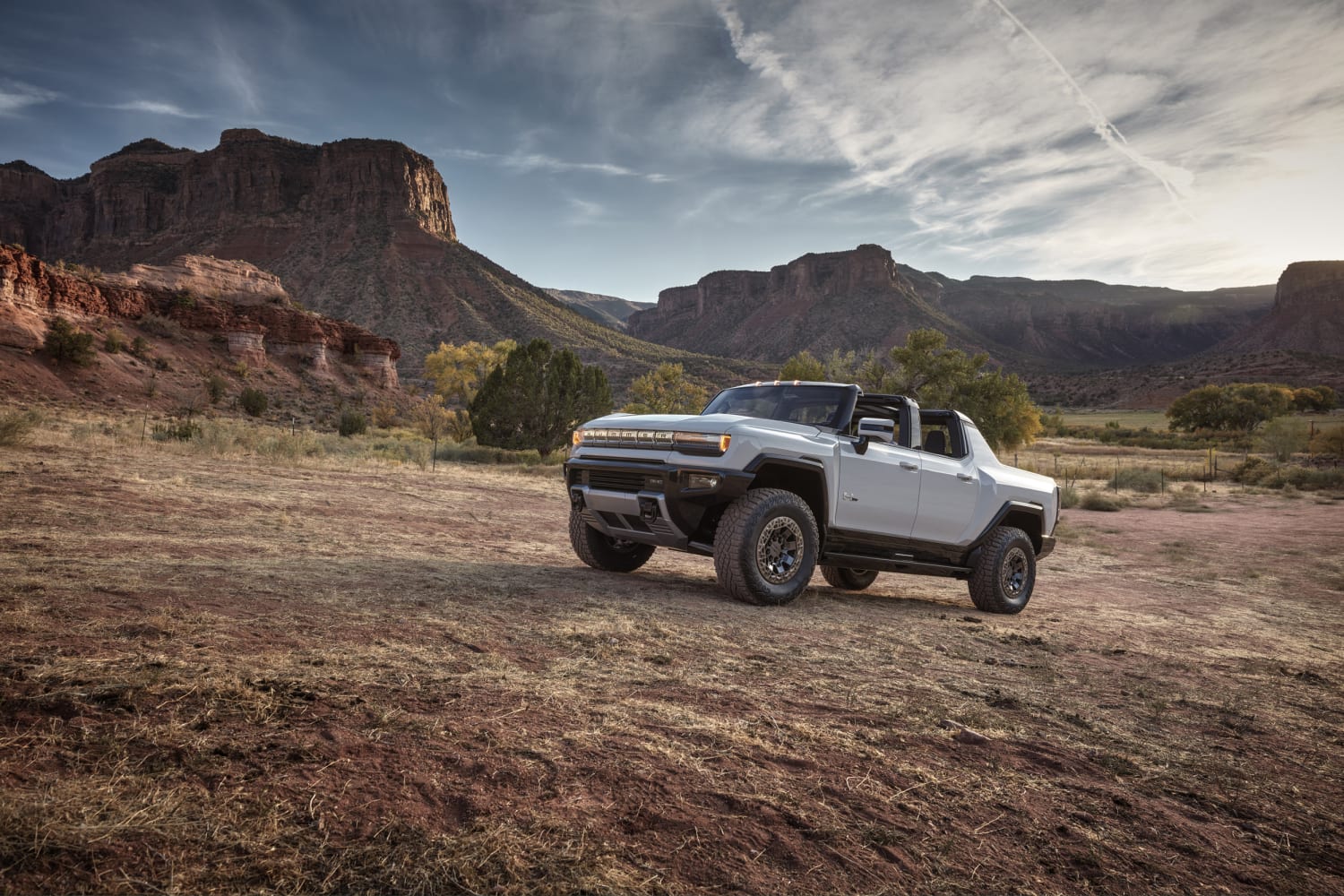[ad_1]

General Motors plans to completely phase out vehicles using internal combustion engines by 2035, Chairman and Chief Executive Officer Mary Barra announced Thursday. The automaker will go completely carbon neutral at all facilities worldwide by 2035.
Barra has frequently touted GM’s plan for “an all-electric future,” recently increasing to 30 the number of pure battery-electric vehicles it will launch by the middle of this decade, but this marks the first time the largest Detroit automaker has set a hard target for completely phasing out gas and diesel engines for all light-duty vehicles, including pickups and SUVs.
GM is also working on clean technology for heavy-duty trucks. On Wednesday, GM announced it will provide fuel-cell technology for Navistar International Corp. And it is looking for other applications of the hydrogen technology it is developing as part of a joint venture with Honda.
“General Motors is joining governments and companies around the globe working to establish a safer, greener and better world,” Barra said in a statement. “We encourage others to follow suit and make a significant impact on our industry and on the economy as a whole.”
The auto industry is shifting from internal combustion technology to emissions-free battery and hydrogen powertrains. Several traditional brands have also committed to a complete transition, with Bentley recently laying out a target date of 2030 to switch entirely to battery-electric vehicles, or BEVs. Nissan this week said it will electrify all models by the “early 2030s,” but that will include gas-electric hybrids as well as BEVs.
In its push to go electric, GM hopes to tackle Tesla and upstarts including Rivian, Bollinger and Lordstown Motors.
GM launched its first long-range battery-electric model, the Chevrolet Bolt EV, in 2016 and is preparing an aggressive ramp-up beginning with the stretched Chevy Bolt EV and GMC Hummer pickup later this year. By mid-decade, all of its U.S. and foreign-based brands, including those in China, will have BEVs in showrooms.
“We feel this will be the successful business model of the future,” GM’s environmental chief Dane Parker said at a virtual conference on Thursday. “We feel we will be able to overcome obstacles (and) be able to thrive in the future.”
GM aims to improve EV economics with the upcoming launch of its new Ultium batteries as part of a joint venture with South Korea’s LG Chem. The batteries for the Chevrolet Bolt EV currently cost around $145 per kilowatt-hour. The near-term target for batteries coming out of a new plant in Ohio is $100 per kWh, and eventually $70. At that figure, it would save over $4,000 per vehicle using a 65 kWh pack like the Bolt.
GM was one of the first automakers to enter the EV market, and has reversed course on its earlier decision to back the Trump administration’s plan to strip California of its ability to set emissions standards tougher than the federal mandate.
GM also plans to use renewable energy for its U.S. factories by 2035, and overseas by 2040. Where it can’t use solar or wind power, Parker said, GM will look at other options, such as hydrogen power generation or carbon capture.
GM is “excited about the things the new Biden administration is doing,” Parker said on Thursday, referencing President Joe Biden’s plan to replace the almost 650,000 vehicles in the federal fleet with all-electric models. With one-third of those operated by the U.S. Postal Service, that could create a significant opportunity for the new BrightDrop subsidiary GM launched this month. One of its key products will be an all-electric van targeting delivery services such as FedEx, UPS and, potentially, the USPS.
[ad_2]
Source link